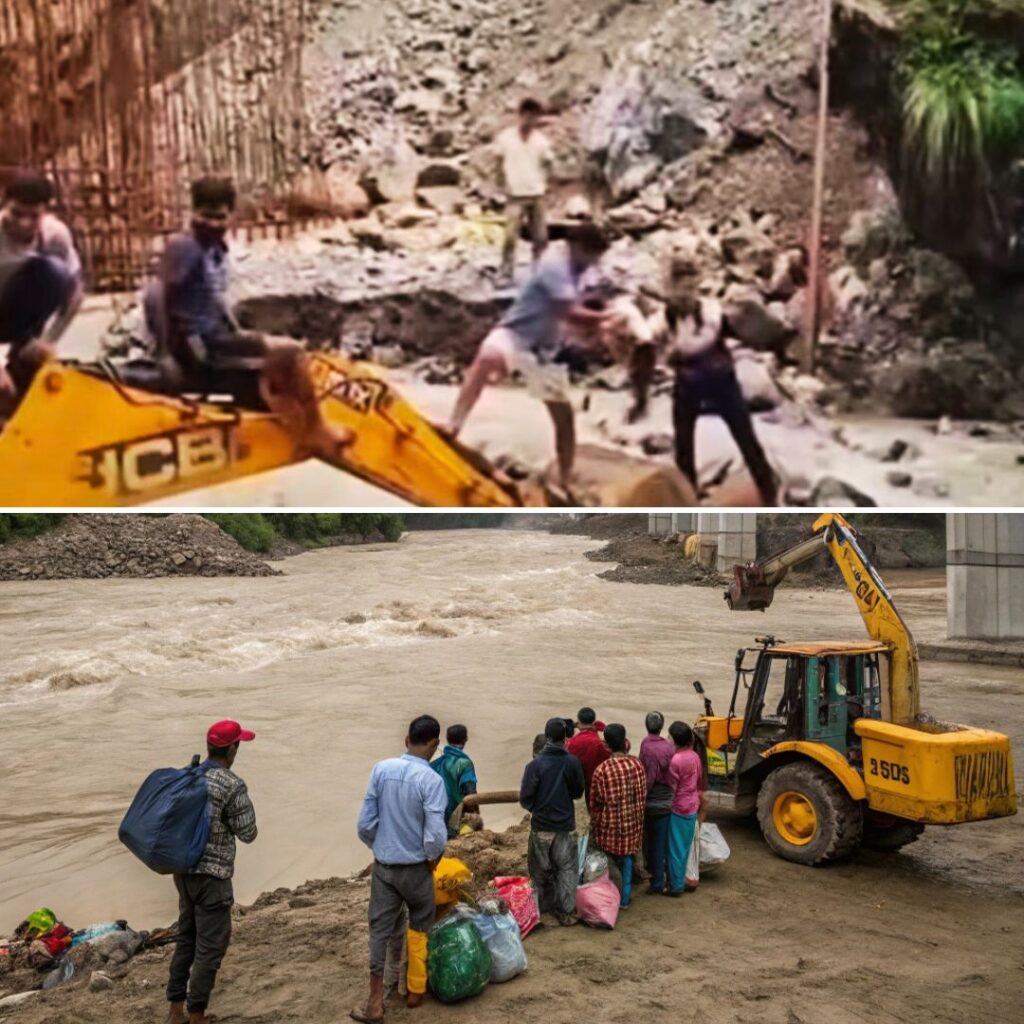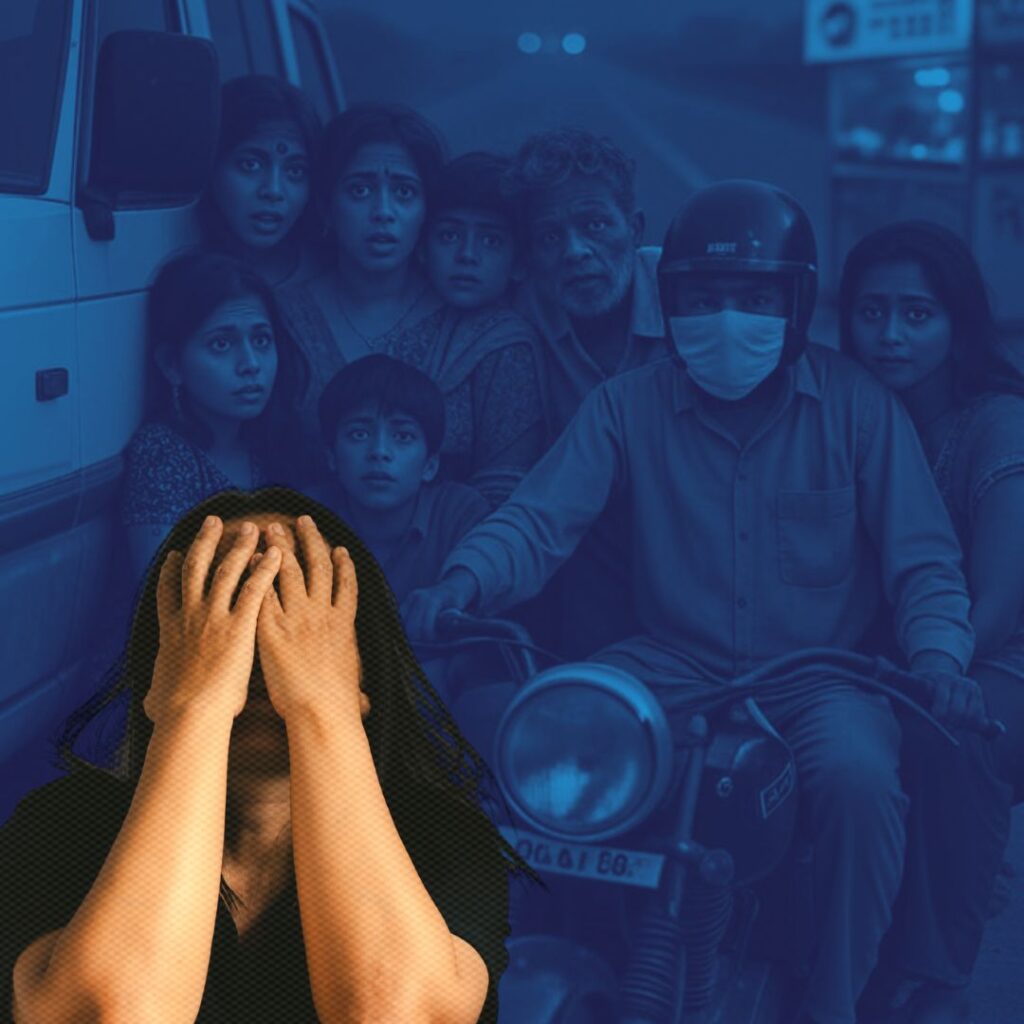Even as the centre seeks for the recall of the Supreme Court’s order on the “dilution” of Scheduled Castes and Scheduled Tribes (Prevention of Atrocities) Act, two BJP-ruled states, Madhya Pradesh and Rajasthan have already issued directives to the police to strictly implement the order.
Chattisgarh, which had earlier ordered its police to implement the amendments, has now suspended the order.
While Haryana has sought legal advice on this issue, Himachal Pradesh has issued informal order among police officers. In Congress-ruled Karnataka, the order has been circulated informally. Another Congress-ruled state, Punjab, as per official sources, has put the order-related file before the chief minister Amarinder Singh, which he will review after he returns.
In Kerala, which is the only state to have challenged the order, the police chief has just forwarded the order and in West Bengal, Additional Director General (ADG) CID Sanjay Singh said, “I can only comment on the order once I see it.”
Notably, it is being said that the centre had informed that state governments “should not do anything by which the SC/ST Act is weakened or whittled down”.
Background
On March 20, the Supreme Court issued a directive saying that action against public servants accused of hostility towards SC/ST would be taken only with written permission from their respective appointing authorities. Also, the action against accused private citizens would be taken only if the concerned senior superintendent of police allows. Besides this, the bench of Justices AK Goel and UU Lalit also ruled that a preliminary inquiry should be conducted before the FIR is registered to check if the case falls under the parameters of the Atrocities Act or if it is frivolous or motivated.
Dalit groups across the country feel that the Supreme Court’s order, which bans automatic arrest and registration of cases for alleged harassment of SCs and STs, will dilute the Prevention of Atrocities Act, 1989 which aims to protect the marginalised.
The reported “dilution” of the law was done to curb “abuse of law”. The court judgement said, “Innocent citizens are termed accused, which is not intended by the legislature. The legislature never intended to use the Atrocities Act as an instrument to blackmail or to wreck personal vengeance.”
The Centre told the Supreme Court that its judgment on the amendments to the Scheduled Castes and Scheduled Tribes (Prevention of Atrocities) Act, 1989 “has caused a lot of commotion in the country and is also creating anger, unease and a sense of disharmony” and asked SC to review its orders.











